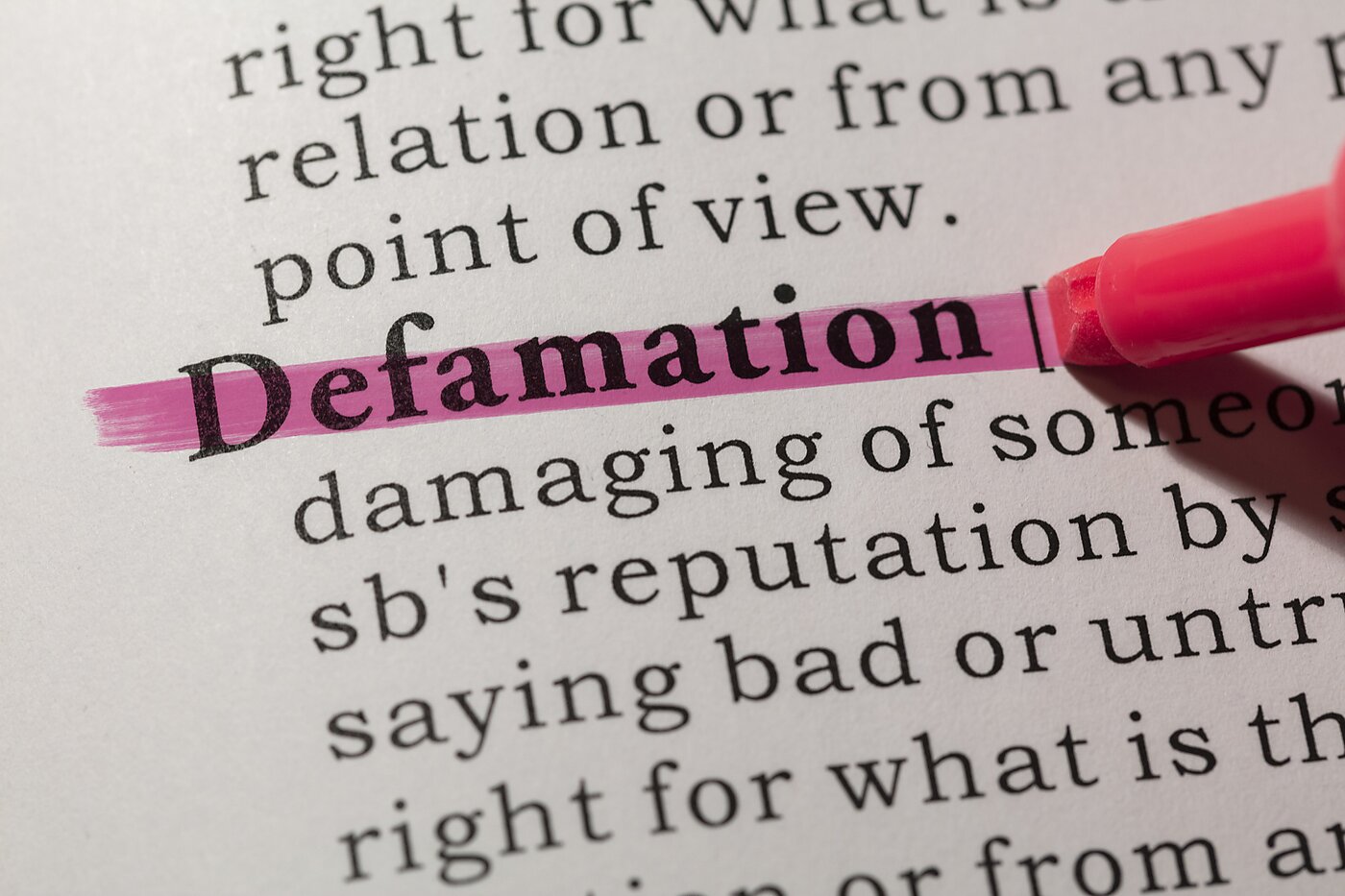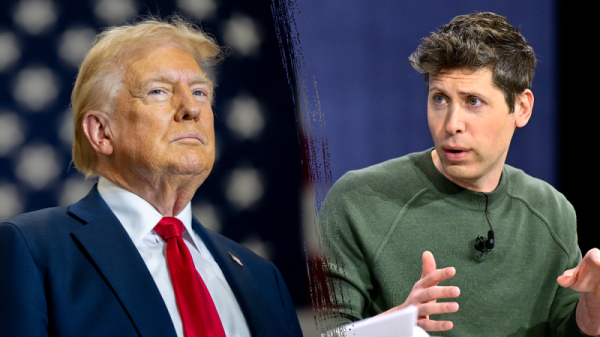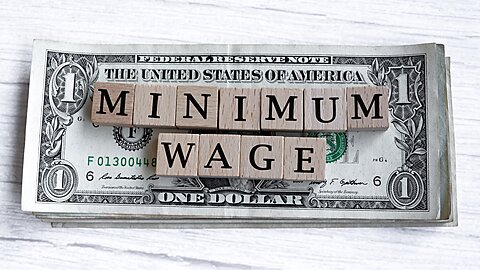Jeffrey Miron and Jacob Winter

Last month, ABC News agreed to pay $15 million to Donald Trump’s future presidential library to settle a defamation suit resulting from anchor George Stephanopoulos’ statements on March 10, 2024.
Defamation occurs when a person communicates false statements about another person that damage their reputation.
Since the founding of the country, defamation has been a tort—a matter for which one person can sue another. Additionally, defamation is a crime punishable by fines and/or jail time in at least 14 states.
Libertarians object to criminal defamation laws because governments can use them to harass and silence criticism. Governments have used this tactic throughout our nation’s history—from the Sedition Act in 1798 to 2018, for example, when New Hampshire police arrested and charged a man for criticizing his town’s police chief. These laws run afoul of the First Amendment’s guarantee of free speech.
The ABC case, however, shows that defamation’s status as a tort is also problematic. Current law bars public figures from winning defamation suits unless they can prove the defendant communicated the statement “with knowledge of or reckless disregard for its falsity.” In the ABC case, Stephanopoulos repeated that Trump had been “found liable for rape,” which is technically inaccurate because the jury found Trump liable for sexual abuse, a separate category in New York at the time of the alleged incident. Thus, Stephanopoulos’ phrasing was incorrect but not seriously misleading.
Regardless of whether the settlement was justified, this case illustrates that civil defamation suits carry a danger. Even if government officials cannot imprison people who allegedly defame them, they can still use or threaten civil suits that effectively impose fines, jeopardizing freedom of speech.
Defamation suits potentially have benefits. If I spread false rumors that tarnish my neighbor’s reputation, it seems fair they should have redress.
Measuring such subjective harm is difficult, however. And if defamation suits did not exist, my neighbor could say whatever they wanted to correct the record or even defame me in retribution without fear that I would sue. This offers a natural incentive for people not to defame others.
The right question is therefore what legal framework best balances the benefits of defamation suits against their potential for censorship. The best approach is one that maximizes the public’s ability to engage in vigorous debates. Thus, we should eliminate defamation as both a crime and a tort.





























